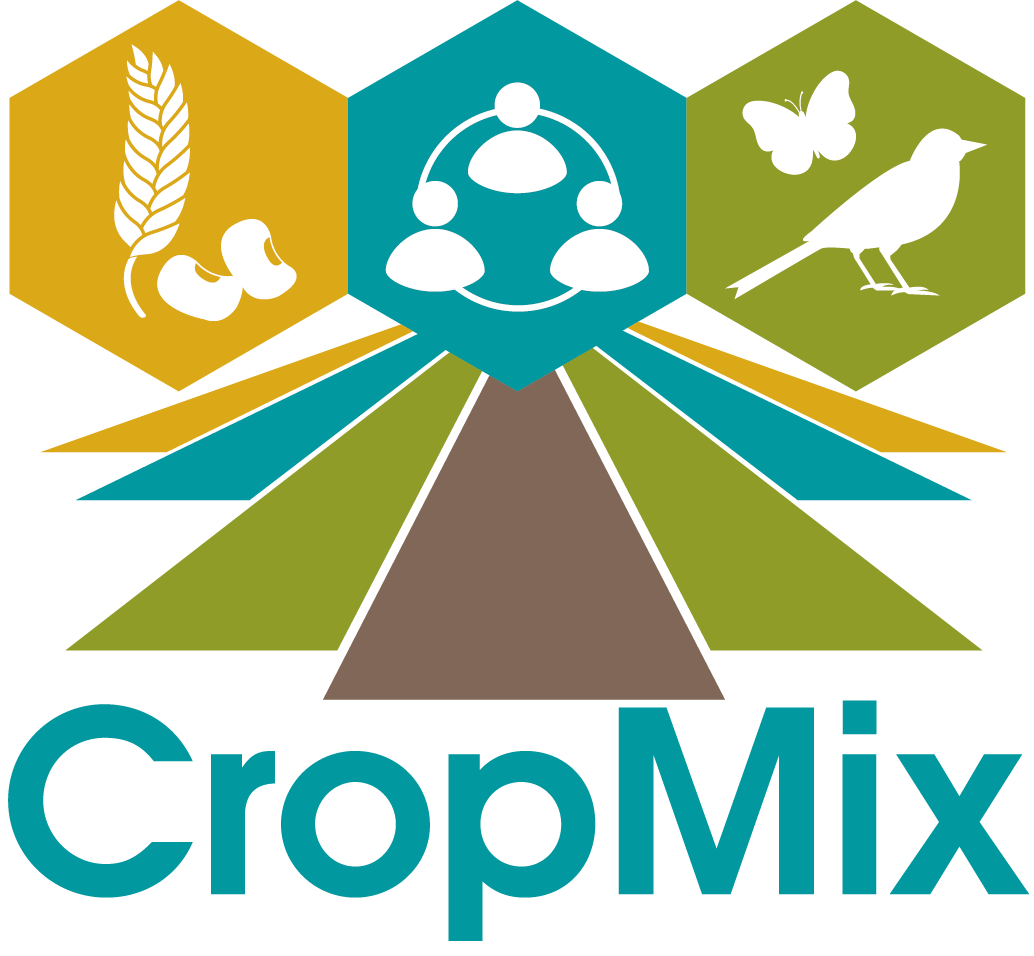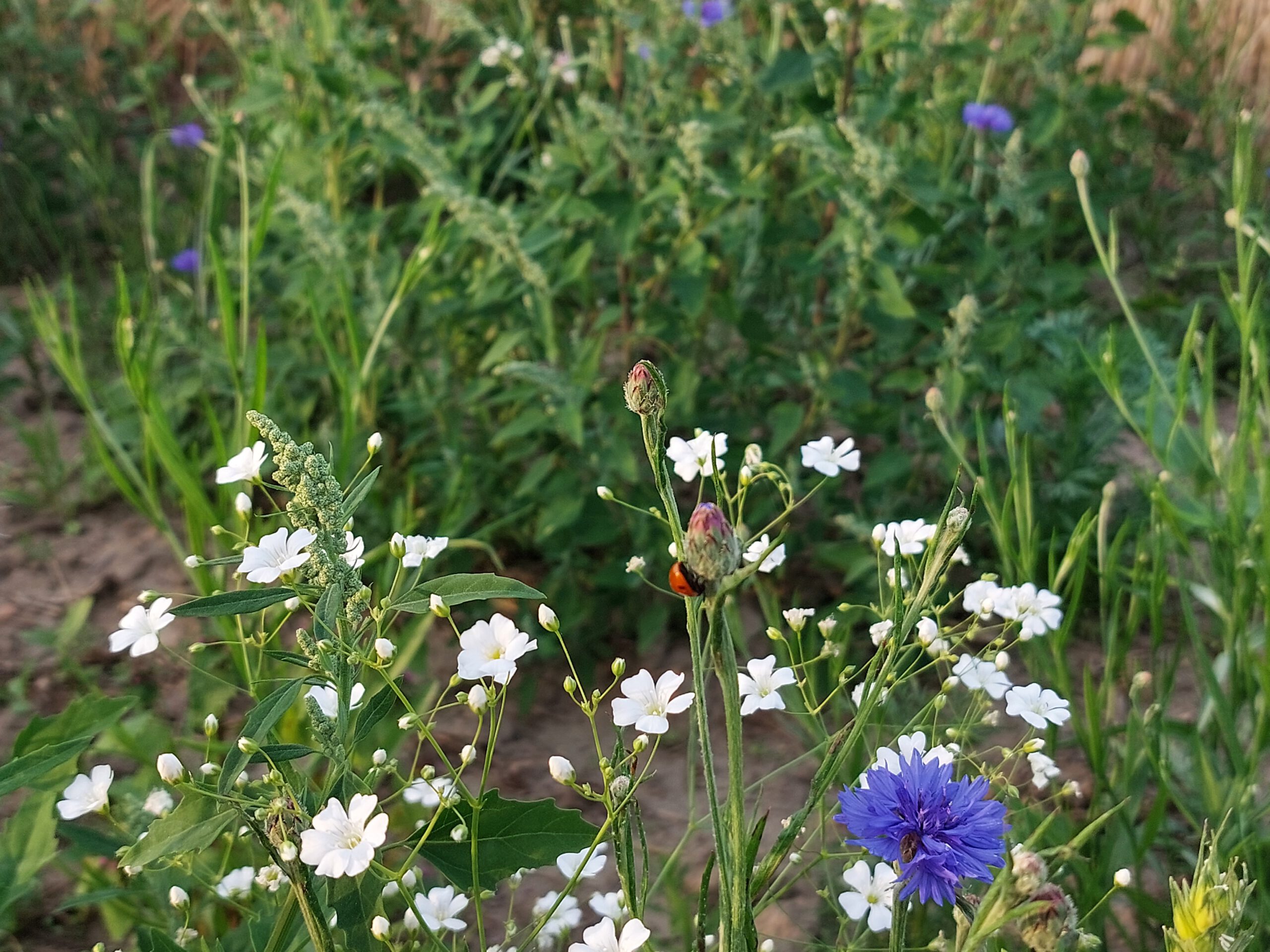Scaling of plant-plant processes to field and farm
Scaling plant-plant interactions to field level


Research
Wageningen University & Research
Research project
Project: 1.3.1. Scaling up from plant-plant to field level
Within work package 1.3, plant-plant interactions will be scaled to agronomic designs, crop yield, market value and the effect of crop mixtures on functional and general biodiversity. Scaling will be achieved by farm systems level measurements of crop performance and yield, combined with modelling to predict optimal spatial and temporal crop systems design. We will explicitly test the hypothesis that crop diversity will enhance functional biodiversity such as the presence of insect predators, parasitoids and pollinators. We will identify whether enhancement of general insect biodiversity and which crop management strategies contribute to small vertebrate diversity with focus on birds, amphibians and reptiles. These measurements are critical in quantifying how transition to ecology-based agriculture contributes to biodiversity restoration and can become valued in products or be farmer motivations for transition. This directly links to work package 2 and work package 3.
Related projects
- Yields in strip cropping > Hilde Faber
- Insect biodiversity > Postdoc to behired
- Farmland birds and strip cropping > Rik Waenink
- The potential of mixed cropping systems for biodiversity and ecosystem services within circular food systems
Results and news
News and results will be presented here.
Researchers involved
- Jochem Evers
- Ana Ferreira Ernst
- Kostas Kypros
Related research
Our work packages
This work package focuses on above-ground and below-ground interactions. We look at the interactions between plants, crops, insects and other species living in the field and the differences between strip cropping and monocultures.
Work package 2 looks at the economic feasibility of investments for farmers to switch to more crop-diverse systems, such as strip farming, and what factors influence their willingness to engage in ecologically sound farming.
We want to identify different transition pathways applicable to different situations. Think of farmers with wide strips and long value chains, but also farmers with narrow strips marketing in a short chain. Or perhaps very different cropping systems that use crop diversity, such as agroforestry. We also look at what consumers and other stakeholders think and their role in the transition to more sustainable agriculture.


